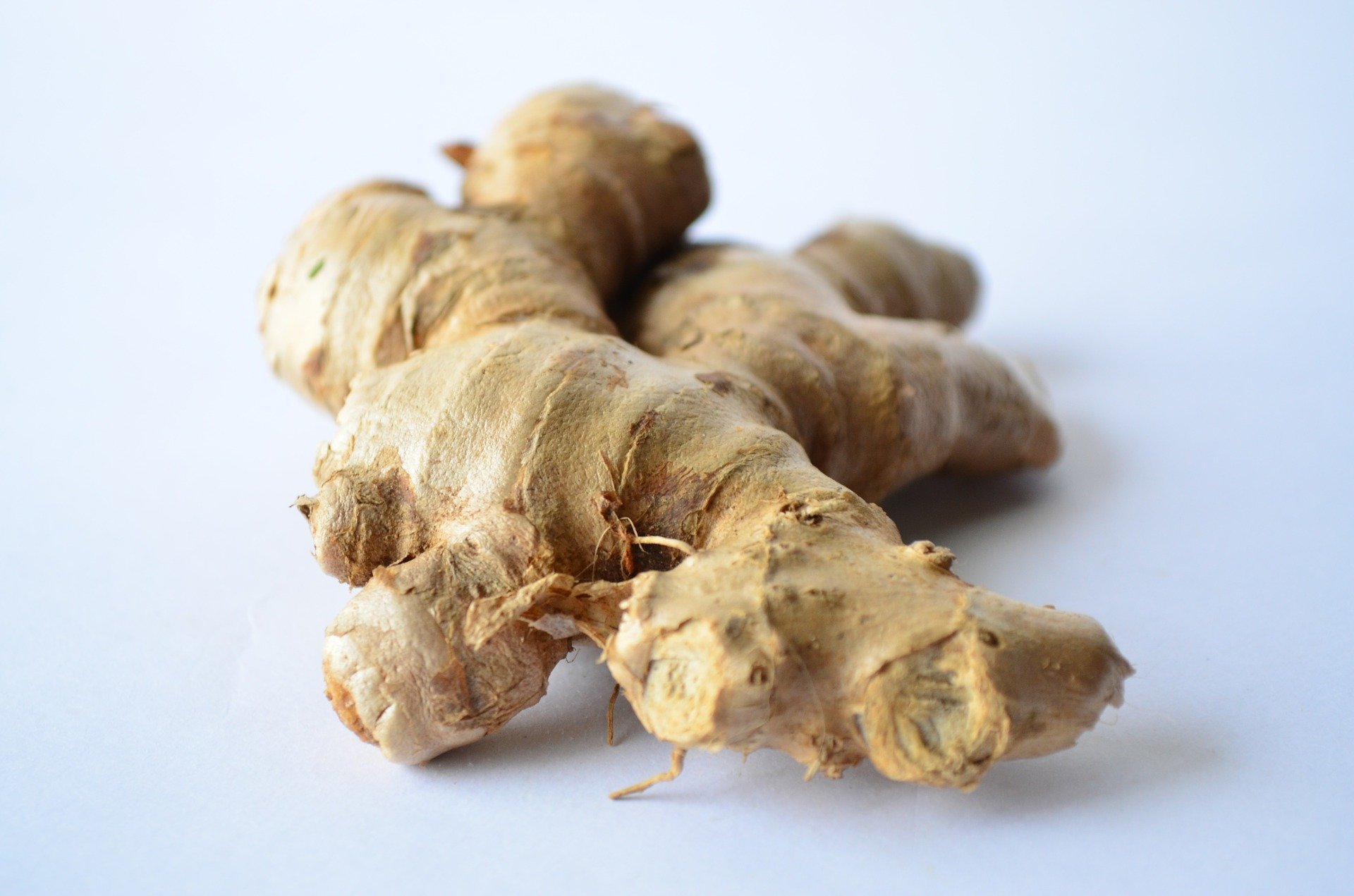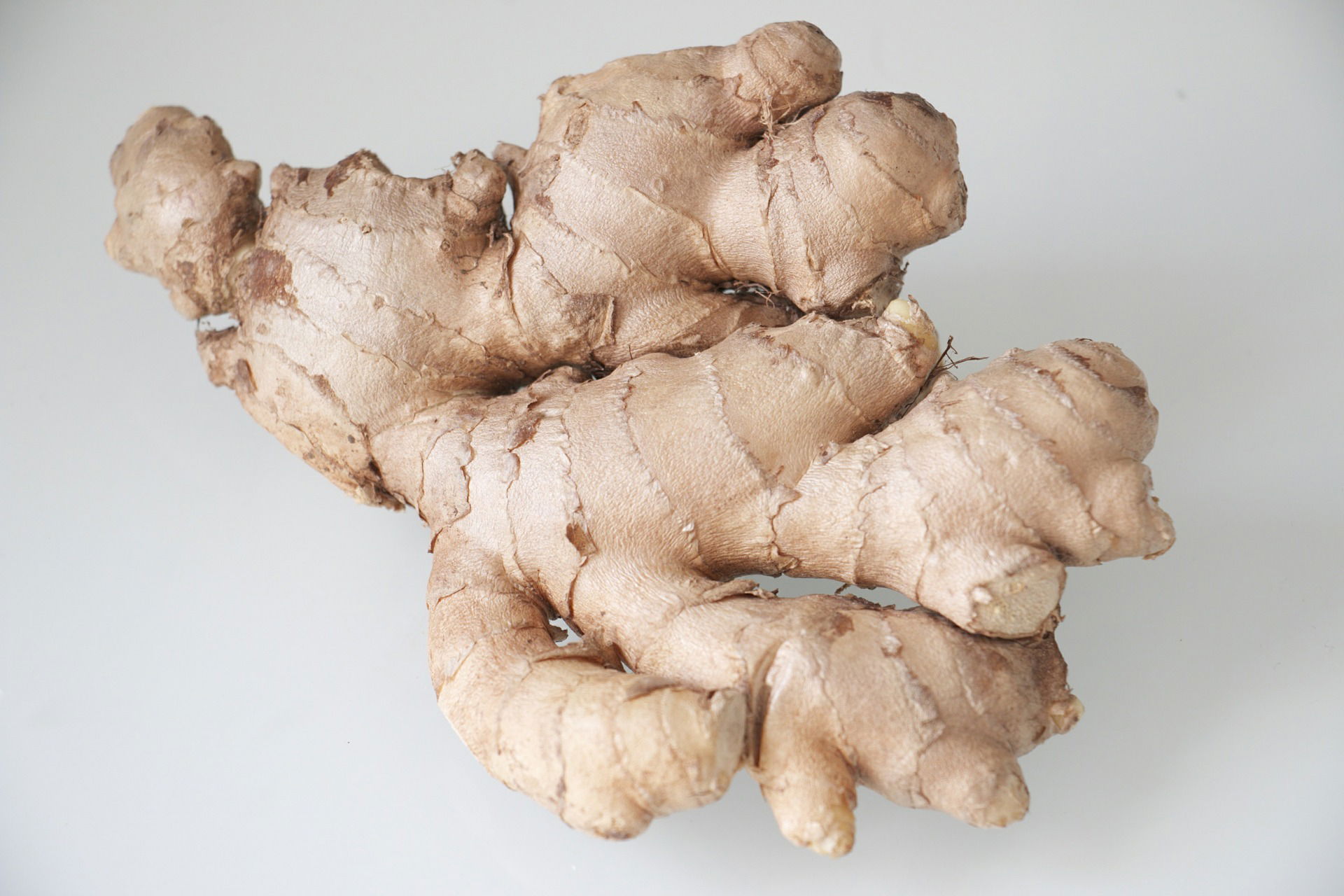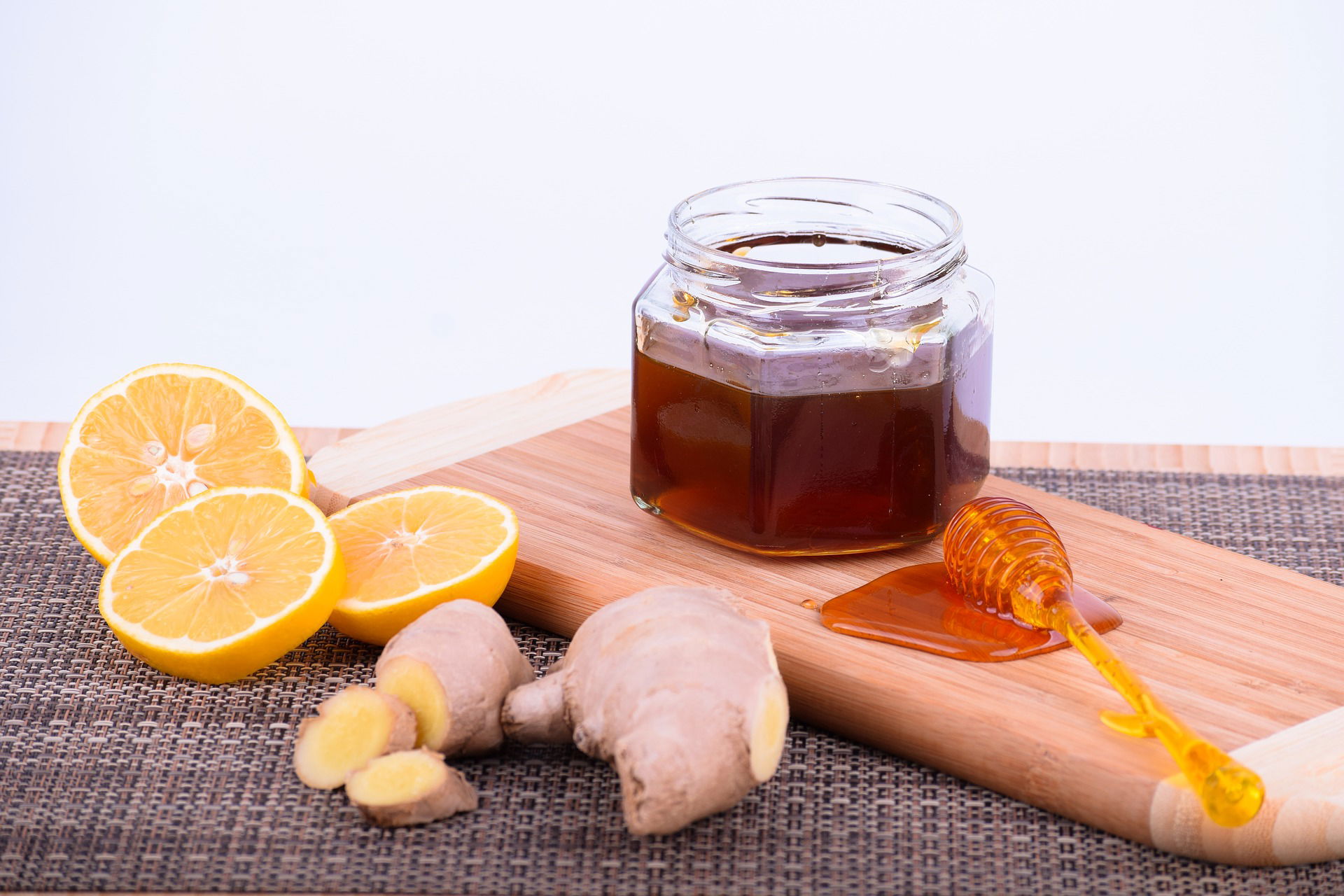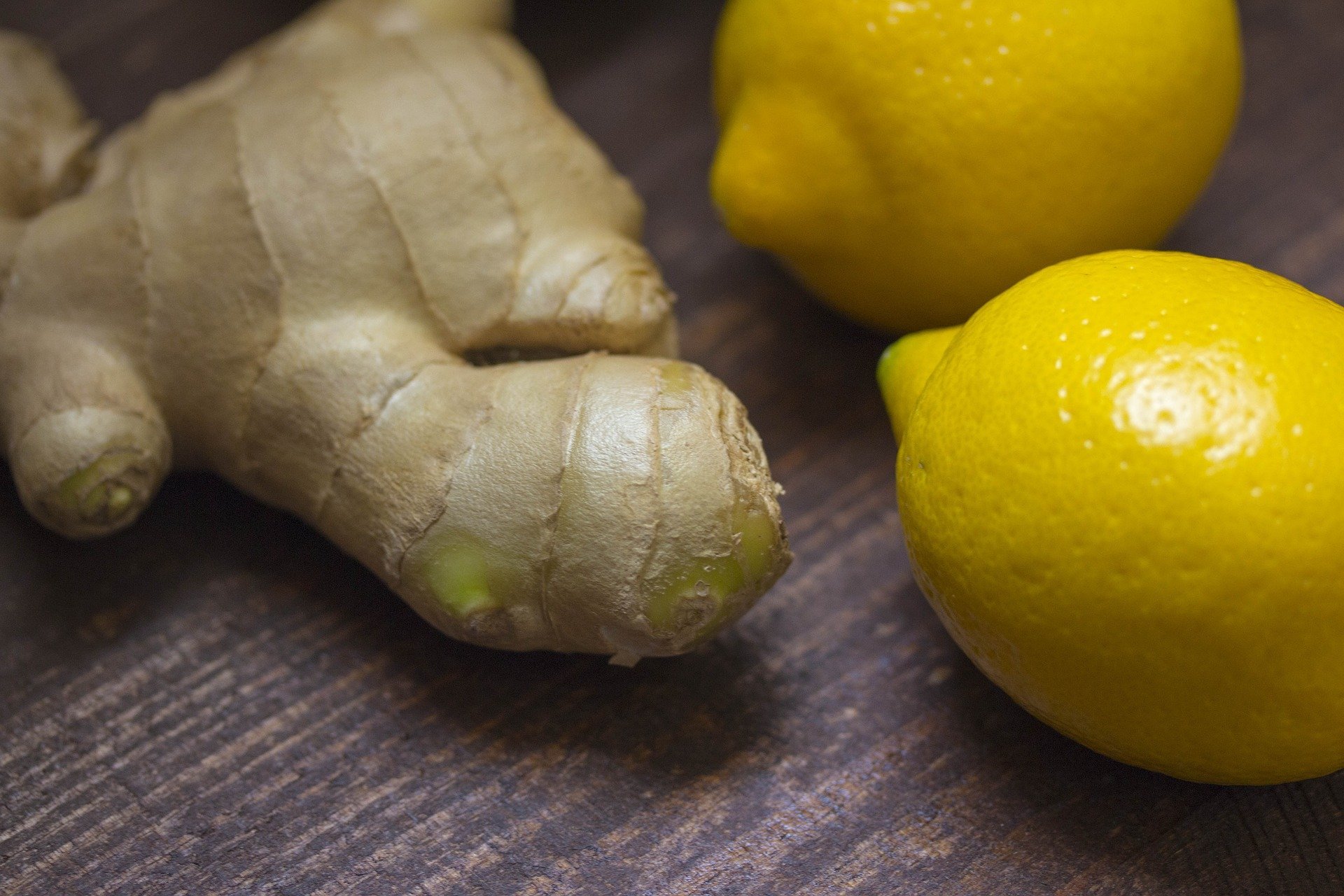The Growing Demand for Fresh Ginger in Belgium
Belgium, a country known for its love of food and drink, has seen a growing demand for fresh ginger in recent years. Ginger, with its unique flavor and health benefits, has become a popular ingredient in Belgian cuisine, from Asian-inspired dishes to craft cocktails.
Despite this surge in popularity, the current state of ginger imports in Belgium is lacking, leaving the country to rely heavily on a limited number of suppliers. In this article, we will explore why Belgium needs to import more fresh ginger, the challenges and opportunities in increasing imports, and potential solutions for boosting the importation of this versatile and sought-after ingredient.

Introduction: The Growing Demand for Fresh Ginger in Belgium
Belgium, known for its chocolates, waffles, and fries, has now embraced a new ingredient that is quickly becoming a staple in many households - fresh ginger. Ginger, with its spicy and refreshing taste, has become an essential ingredient in Belgian cuisine, particularly in Asian-inspired cooking. The demand for fresh ginger in Belgium has been rapidly increasing, and it is essential to explore the possibility of importing more fresh ginger to meet this growing demand.
Overview of Ginger's Popularity in Belgian Cuisine
Belgium's culinary scene has been thriving with a fusion of different cuisines, and ginger has become an essential ingredient in many of these dishes. Ginger, with its unique flavor profile, adds a zing to dishes, making it especially popular with Asian-inspired dishes such as Thai curries, stir-fries or sushi. In addition, ginger has become an important ingredient in Belgian's famous gingerbread and speculoos biscuits. With ginger's versatility and broad range of uses, it's no wonder it has become a popular ingredient in Belgian cuisine.

Current State of Ginger Imports in Belgium
Statistics on Current Ginger Imports
Belgium primarily imports dry ginger, with fresh ginger accounting for only a small percentage. According to the European Union's statistics office, in 2020, Belgium imported 5,008 metric tons of ginger, with China, Thailand and Peru being the primary suppliers.
Primary Countries of Origin and Suppliers
China is the leading supplier of ginger to Belgium, accounting for almost 80% of its imports, followed by Peru, India, Thailand and Indonesia. Dry ginger is the primary import, with fresh ginger only accounting for 2% of the total ginger imports.
Issues with Current Importation
The current importation of fresh ginger is restricted due to the short shelf life of the product. Fresh ginger has a shelf life of only two weeks, which makes the importation process challenging. In addition, the costs of importing fresh ginger, including transportation, storage, and packaging, are significant, which means that the supply of fresh ginger to Belgium is low.

Reasons Why Belgium Needs to Import More Fresh Ginger
Increased Demand in the Market
The demand for ginger in Belgium has been on a steady rise for the past few years. The versatile ingredient has become increasingly popular with home cooks and professional chefs alike, leading to an increase in demand. The demand for fresh ginger is expected to rise further, with more people becoming health-conscious and opting for natural ingredients in their dishes.
Health Benefits and Culinary Uses
Ginger has several health benefits, including being a natural anti-inflammatory agent and aiding in digestion. In addition, fresh ginger is more potent than dried ginger, which means that it has a stronger flavor and higher nutritional value. With ginger's culinary versatility and health benefits, importing more fresh ginger presents an opportunity for Belgian households and restaurants to enhance their dishes.
Opportunities for Belgian Companies
The demand for fresh ginger presents an opportunity for Belgian companies to invest in importing and distributing more fresh ginger to meet the growing demand. This investment will not only increase the availability of fresh ginger in the market but also create employment opportunities and boost the economy.

Challenges and Opportunities in Increasing Ginger Imports
Logistical Challenges and Costs
Importing fresh ginger presents logistical challenges and can be expensive. Fresh ginger requires specialized transportation and storage, which adds to the overall cost of importing the product. However, with proper planning and investment in the necessary infrastructure, these challenges can be overcome.
Competitive Market and Supplier Negotiations
The ginger market is highly competitive, with many countries vying for the position of the leading supplier. Belgian importers need to negotiate with suppliers to secure the best deals and ensure a steady supply of fresh ginger.
Potential for Belgian Investment in Production
Belgium has the potential to invest in ginger production in other countries, such as Thailand, Peru, or India, to ensure a steady supply of fresh ginger. By investing in production, Belgian companies can establish long-term relationships with farmers and exporters, ensuring a stable and consistent supply of fresh ginger.
In conclusion, increasing fresh ginger imports to Belgium presents a significant opportunity for the country's cuisine and economy. By leveraging ginger's versatility and health benefits, Belgian households and restaurants can enhance their dishes, while Belgian companies can invest in importing or producing more fresh ginger to meet the growing demand. Though there are some logistical and competitive challenges, with proper investment and planning, Belgium can become a ginger hotspot for years to come.

Potential Solutions and Strategies for Boosting Ginger Imports
Belgium's demand for fresh ginger has been increasing steadily in recent years, but there are still a number of challenges to importing this popular spice. Fortunately, there are several potential solutions and strategies that could help increase the availability of fresh ginger in Belgium's market.
Alternative Sourcing and Supplier Diversification
One of the most obvious ways to boost ginger imports would be to diversify the sources and suppliers of this spice. While Belgium currently imports most of its ginger from countries in Asia, there may be other regions or countries that could provide a more stable supply or better quality ginger. Exploring these options could help mitigate the risks of relying too heavily on any one supplier or country.
Streamlining Import Processes with Government and Industry Support
Another potential strategy for boosting ginger imports would be to work with the government and industry to streamline the import process. This could involve reducing tariffs or other trade barriers, as well as providing incentives for companies that import or distribute fresh ginger. By making the import process easier and more affordable, more companies may be willing to invest in bringing fresh ginger to Belgium.
Investments in Production and Distribution Networks
Finally, investing in the production and distribution networks for fresh ginger could help boost imports and make this spice more widely available. This could involve supporting small farmers and producers in ginger-growing regions or developing partnerships with companies that specialize in importing and distributing fresh produce. By building a more robust infrastructure for ginger imports, more companies could be encouraged to invest in this market.

Benefits for Belgian Consumers and Businesses
Expanding the availability of fresh ginger in Belgium's market could have a number of benefits for both consumers and businesses.
Expanded Culinary Options and Health Benefits
For consumers, having access to more fresh ginger could open up a world of culinary options and health benefits. Ginger is known for its anti-inflammatory properties and is often used to soothe digestive issues and boost immunity. With more fresh ginger available, chefs and home cooks alike could experiment with new recipes and flavors, while also enjoying the health benefits of this spice.
Opportunities for Business Growth and Innovation
For businesses, investing in fresh ginger imports could offer new opportunities for growth and innovation. Whether it's by developing new products that feature fresh ginger or by expanding into new regions or markets, there are a number of ways that companies could benefit from investing in this market. By taking a proactive approach to importing fresh ginger, businesses could position themselves for long-term success and growth.

Conclusion: The Importance of Fresh Ginger in Belgium's Market
In conclusion, fresh ginger is an increasingly important spice in Belgium's market, both for its culinary and health benefits. While there are still challenges to importing this spice, there are also several potential solutions and strategies that could help increase its availability. By diversifying suppliers, streamlining import processes, and investing in production and distribution networks, Belgium could unlock a wealth of new opportunities for businesses and consumers alike.
Summary of Key Points
- Ginger imports are growing in popularity in Belgium
- Diversifying suppliers and streamlining import processes could help boost imports
- Investing in production and distribution networks could help expand the ginger market
- Expanding the availability of fresh ginger could benefit consumers and businesses alikeIn conclusion, fresh ginger is a valuable ingredient that has become increasingly popular in Belgium's culinary landscape. While there are challenges to increasing imports, the benefits of doing so, including expanded culinary options and opportunities for business growth, make it a worthwhile endeavor. With potential solutions such as alternative sourcing and investments in production, Belgian companies and consumers can look forward to a brighter future with a wider variety of fresh ginger imports.

FAQ
Why is ginger so popular in Belgium?
Ginger has become a popular ingredient in Belgian cuisine due to its unique flavor profile and versatility. Many chefs and home cooks use ginger in a variety of dishes, from stir-fries and curries to baked goods and drinks. Additionally, ginger is known for its health benefits, making it an attractive ingredient for health-conscious consumers.
What are the health benefits of ginger?
Ginger is known for its anti-inflammatory properties and has been used for centuries to treat a variety of ailments, including nausea, colds, and digestive issues. Additionally, ginger contains antioxidants that can help protect against cell damage and reduce the risk of chronic diseases.
Why is it challenging to increase ginger imports in Belgium?
There are several logistical challenges to increasing ginger imports, including transportation costs and supplier negotiations. Additionally, the competitive market and limited number of suppliers can make it difficult for new companies to enter the market. Finally, while ginger can be grown in certain regions of Europe, it is not commonly produced in Belgium, which means the country must rely on imports to meet its demand.
What are some potential solutions for increasing ginger imports in Belgium?
There are several potential solutions for boosting ginger imports, including alternative sourcing from countries such as Thailand, Peru, India, and China, as well as investments in production and distribution networks. Additionally, streamlining import processes with government and industry support can help reduce costs and make it easier for companies to enter the market.
